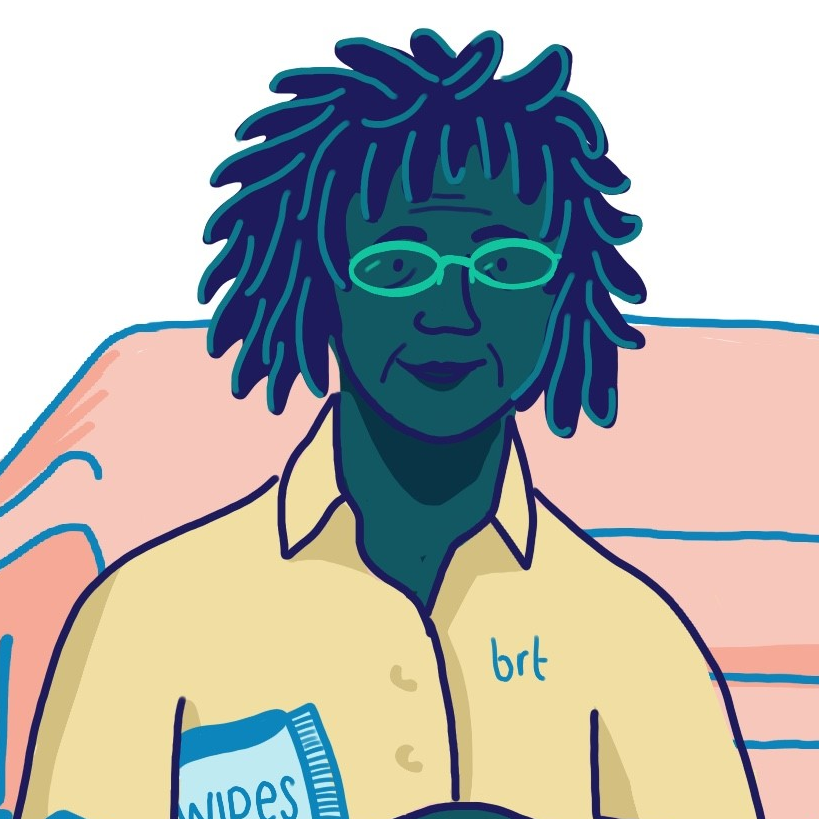The urban conurbation of Gauteng City Region contains the country’s largest city, Johannesburg, and the administrative capital, Pretoria. It also includes various commercial, industrial and mining centres. The current population of Gauteng is estimated at 15.8 million.
The following summary provides an overview of findings from WhereIsMyTransport’s mixed-method research (surveys (online and offline), ride-alongs and focus group workshops).
In Gauteng, a clear overreliance on (informal) public transport, particularly minibus taxis, was described by the research participants. 87% of women stated that minibus taxis were one of their regular modes of transport. However, due to insecurities around safety, the experience is largely unenjoyable. Minibus taxis are also not necessarily perceived as being more affordable than other modes—people reliant on them can be described as captive users, due to lack of (cheaper) alternatives.
Money opens up options: The research found that women of the working professional profile, who have slightly more financial freedom, mentioned a larger variety of frequently used transport modes. On-demand vehicles and more expensive forms of formal transport (like the Gautrain) were referenced as options for women with higher earnings. Budget is still a major consideration, but time, safety, and comfort become equally important in the decision-making process.
A theme apparent in higher-earning profiles, was the aspiration to own their own car which is seen as an option to limit time spent on and around public transport. However, other desires were also cited, including being able to work from home or having a taxi that would pick them up from their doorstep. These aspirations are pinned on the dream of having more control over their movements and limiting their exposure to risk.
The frustrations brought on by drivers affects the experience of public transport for all the women that participated in the research, regardless of their profile. Some of the ways drivers affect that experience include the driver’s willingness to speed, or the use of vulgar language and shouting. Furthermore, research participants mentioned how drivers and their conductors are particular about how they are paid, and they stressed the need to ensure they have exact amounts or small notes to get their change back and avoid conflict with the driver.
Another theme prevalent in Gauteng was one of community, or “ubuntu” as it is commonly referred to in South Africa. When women were asked to describe their overall commuting experience, the presence of people and social interaction is prevalent. This sense of community and socialising is something that brings some joy to the use of public transport, with 58% of women survey respondents explaining that the fun in public transport came from the social aspect of meeting new people, listening to others’ stories, and hearing jokes and music.
When the women in Gauteng were asked to discuss their thoughts around crime, mugging was top of mind for every profile. The only profile of woman that had another form of violence top of mind were the students who feared sexual harassment as much as theft. 55% of women in the survey explained that incidents of harassment took place at a transport station, while 45% reported having experienced an incident in a bus, train or taxi.



